I was not the lion, but it fell to me to give the lion's roar
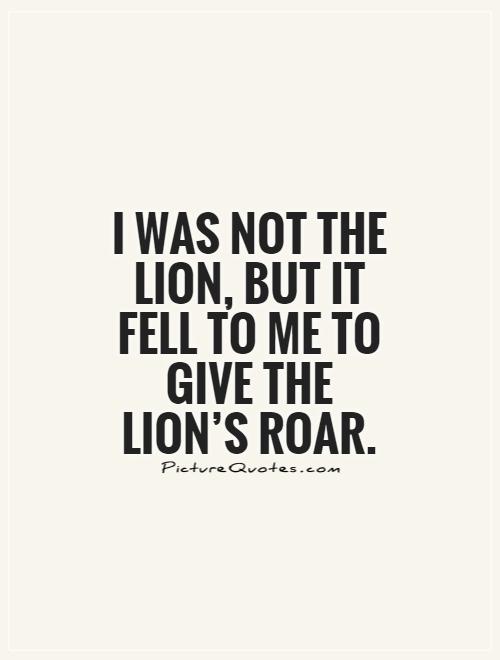
I was not the lion, but it fell to me to give the lion’s roar
The phrase "I was not the lion, but it fell to me to give the lion's roar" evokes a sense of responsibility and leadership. In the context of a lion, this statement can be interpreted as someone who may not possess the physical strength or power of a lion, but is still called upon to embody its fierce and commanding presence.Lions are often seen as symbols of strength, courage, and authority. They are known for their majestic appearance and powerful roar, which can strike fear into the hearts of those who hear it. In the animal kingdom, lions are the kings of the jungle, leading their pride with confidence and dominance.
When someone says, "I was not the lion, but it fell to me to give the lion's roar," they are acknowledging that they may not naturally possess the qualities of a lion, but circumstances have thrust them into a position of leadership or authority where they must embody those qualities. This could be in a professional setting, where a person is tasked with leading a team or making important decisions, or in a personal setting, where they must stand up for themselves or others in the face of adversity.
Giving the lion's roar can also be seen as a call to action, a rallying cry to inspire others to follow their lead. Just as a lion's roar can unite and motivate its pride, so too can a person's words and actions inspire those around them to stand up and be strong in the face of challenges.
Ultimately, the phrase "I was not the lion, but it fell to me to give the lion's roar" speaks to the idea that leadership and strength can come from unexpected places. It reminds us that we all have the potential to rise to the occasion and lead with courage and conviction, even if we may not see ourselves as natural-born leaders. Like the lion, we can find our voice and make it heard, inspiring others to do the same.
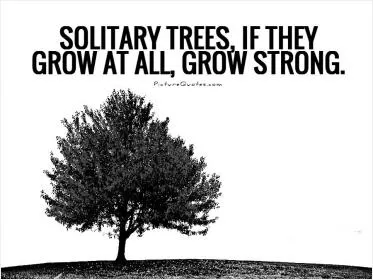


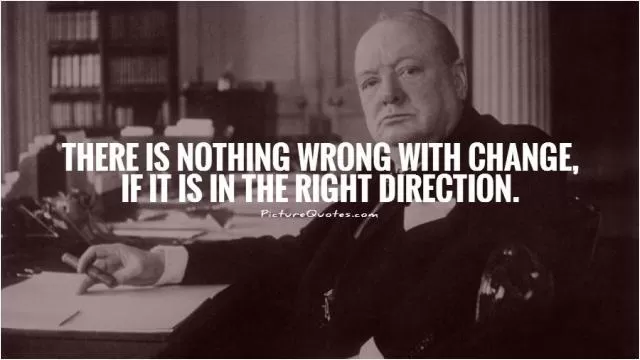
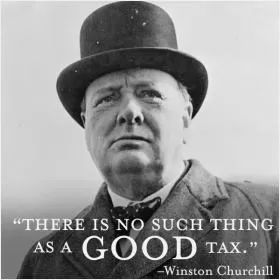
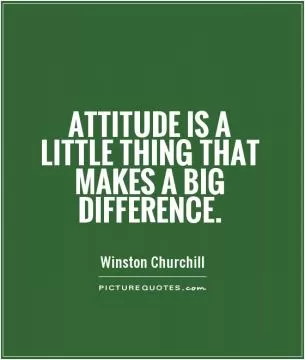






 Friendship Quotes
Friendship Quotes Love Quotes
Love Quotes Life Quotes
Life Quotes Funny Quotes
Funny Quotes Motivational Quotes
Motivational Quotes Inspirational Quotes
Inspirational Quotes